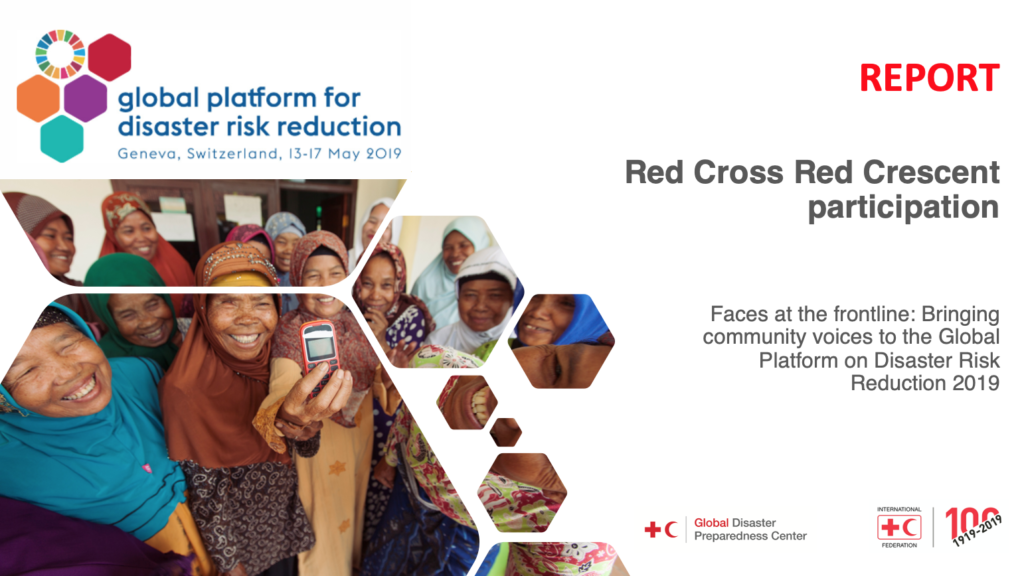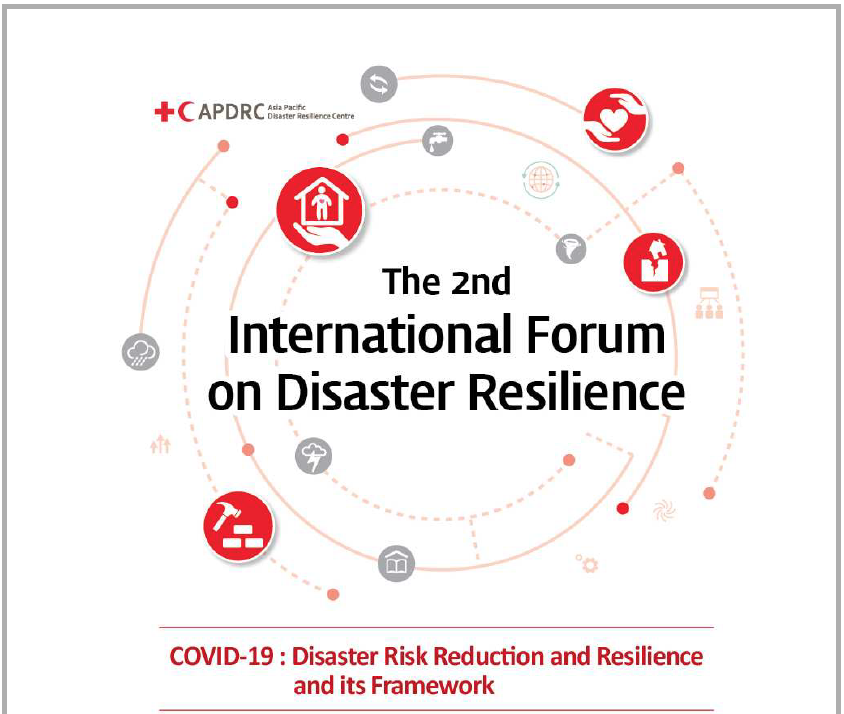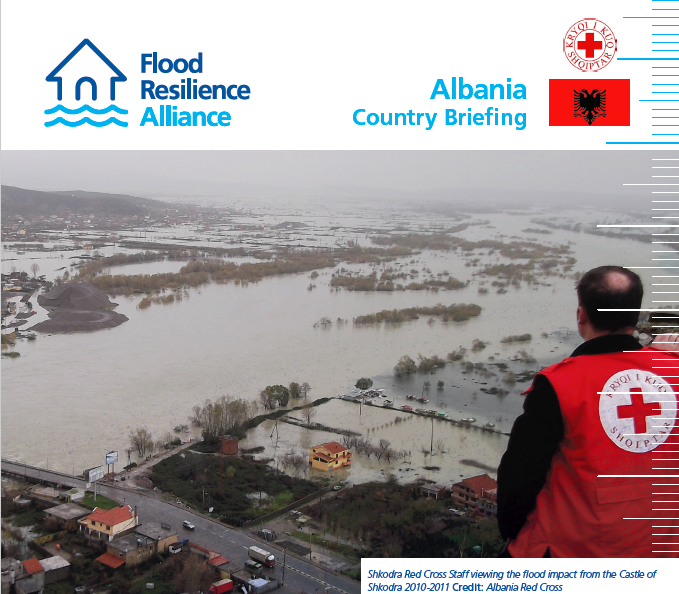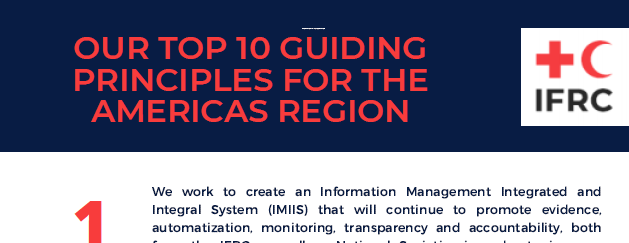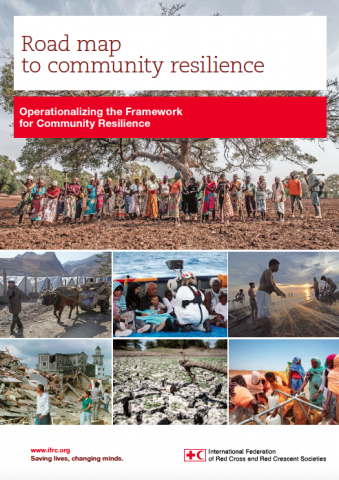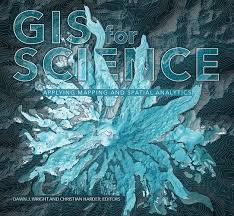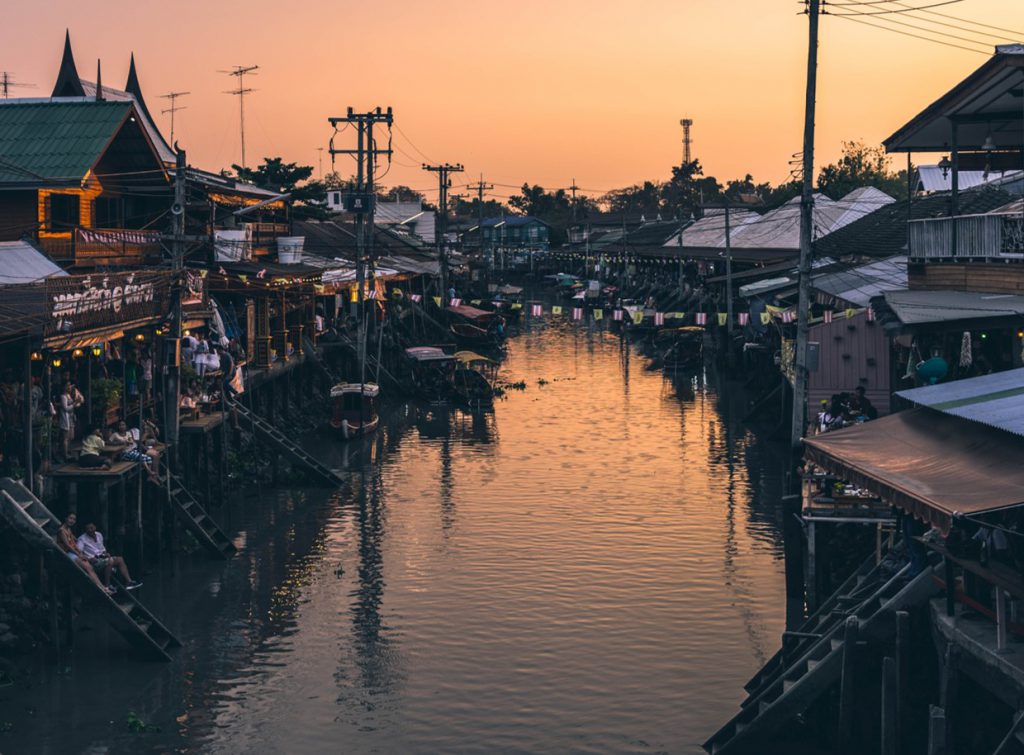GPDRR 2019 – Red Cross Red Crescent Actions Report
The Global Platform for Disaster Risk Reduction (GPDRR) is a biennial multi-stakeholder forum established by the UN General Assembly to review progress, share knowledge and discuss the latest developments and trends in reducing disaster risk. This document is a brief report on the Red Cross Red Crescent actions implemented on this international event to advocate […]
GPDRR 2019 – Red Cross Red Crescent Actions Report Read More »

